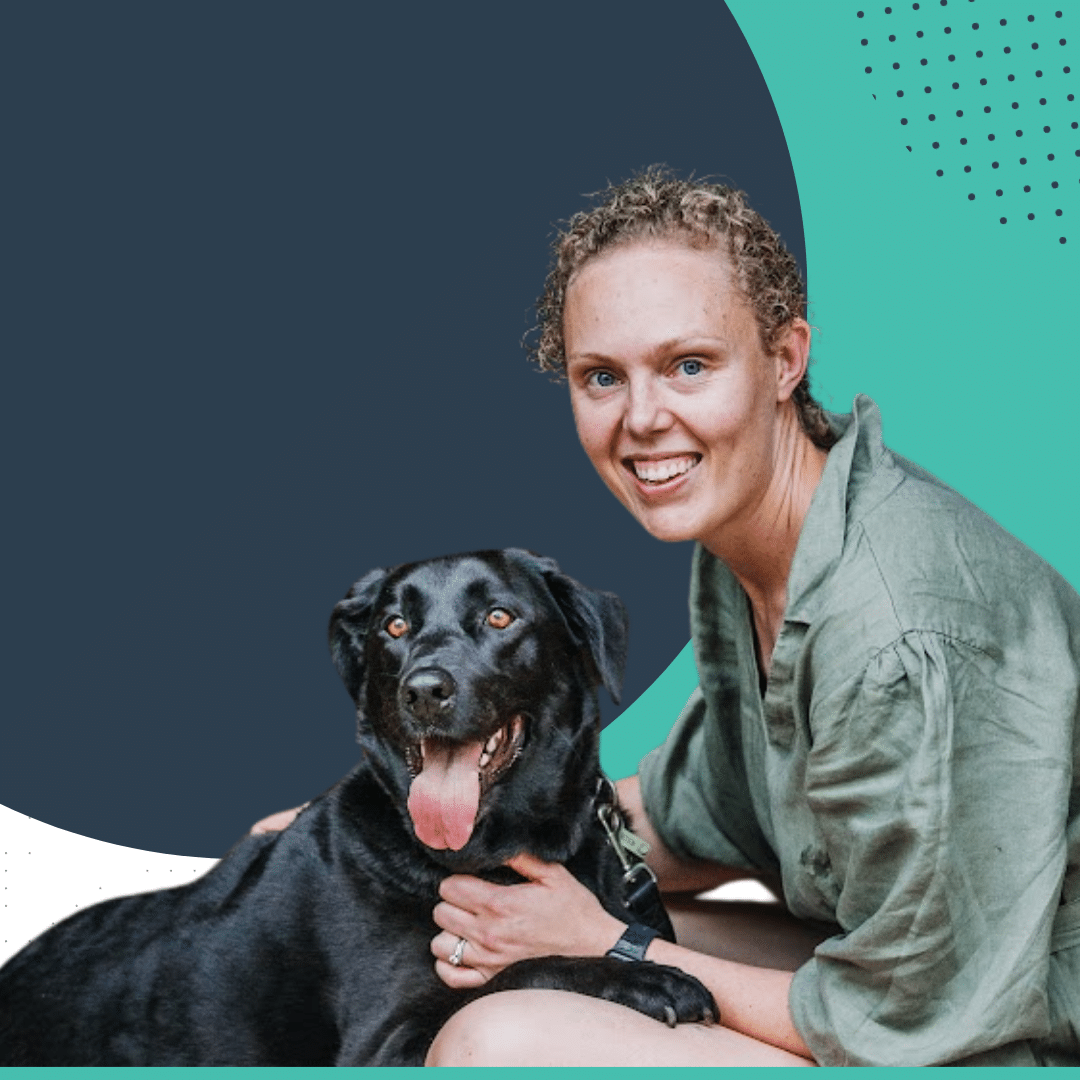Small Animal Respiratory Disease & Coughing

Respiratory cases, simplified
Developed by popular demand, The GP Vet’s Roadmap to Respiratory Cases – you asked, we deliver.
Respiratory cases are a common challenge in daily practice. They are multifactorial with complex physiology and include a huge range of presentations. One simple cough can lead to a long list of differentials, and just like that you are knee deep in diagnostics. We want to cut through the noise and make respiratory medicine a little clearer.
Welcome to our Respiratory Disease & Coughing series.
Over five weeks, learn how to optimise your exams, localise lesions, pick the right tests, interpret the noises, and build plans that work in reality. From the nasopharynx to the pleural space, we will journey through the whole respiratory tract, breaking down the theory and arming you with consult-ready strategies for common scenarios.
All practising vets are welcome. If respiratory cases have ever left you second-guessing or panic-listening into your stethoscope, this one’s for you.
Your roadmap to relief
Despite their complexity, solid frameworks and logical thinking make respiratory cases another fun puzzle to solve in the rewarding challenge of clinical practice.
Turning congestion into clarity
Respiratory cases often feel vague and fuzzy, just like that Retriever’s thoracic rads. From fungal infections and airway collapse to neoplasia and foreign bodies, the list of differentials can feel overwhelming.
Want the good news? You’ve already got everything you need to successfully manage many of these patients. No fancy gear or referral required.
Activate detective mode
Led by Dr Caitlin Mack, small animal medicine specialist and respiratory guru, this interactive series will reboot your love of respiratory medicine. In five interactive sessions:
- Optimise your history and exam
- Localise the problem
- Develop solid differential lists
- Make smart diagnostic choices
- Know when to refer, and when you’ve got this
- Formulate management plans
- Choose appropriate therapeutics
- Solidify antimicrobial stewardship principles
Flexible learning for busy clinicians
Fully online, immersive evening classes help you fit your learning around your work. All you need is your brain and your laptop. We will bring the rest.
If you’re ready to turn congestion into clarity – this is your roadmap.
-
-
Q&A EACH WEEK
-
PROFESSIONAL & SUPPORTIVE FORUM
-
DOWNLOADABLE NOTES
-
JOIN LIVE & ONLINE
-
REPLAYS AVAILABLE
-
Course features
Get clear
- Clinical reasoning
- Understand history and exam factors that allow disease localisation
- Common cases: URT, LRT, and the pleural space
- Formulate solid differential lists
- Patient-specific diagnostic choices
- Therapeutics and supportive treatments
- Revise
- Anatomy and physiology of the respiratory tract
- Diagnostic techniques in practice
- Correlating test results and patient presentation
- Formulating management plans
- Respiratory pharmacology: indications, mechanisms and side effects
- Antimicrobial stewardship
Course schedule
Module 1: Clinical Reasoning in Respiratory Disease
Learn to trust what you know, and what you see. Strong clinical reasoning builds confident decision-making, whatever the case may be. Covering common presentations, we’ll refresh the physiology, then drill down on the clues in your physical exam and history.
- Coughing
- Sneezing (both directions!)
- Wheezing
- Stertor
- Stridor
- Gagging
- Abnormal respiratory patterns
Module 2: Smart Diagnostics for Lesion Definition
It’s not always easy juggling tricky pathologies, diagnostic tools, and client budgets. Dr Caitlin shows how smart test selection can drive better outcomes. We’ll break down what to choose and when using everyday diagnostics like radiography, TFAST, BAL, TTW, swabs, biopsies, and more. You’ll also learn when it’s time to refer for the big guns like CT and when you’ve got it covered.
Module 3: Nasal and the Upper Respiratory Tract
This isn’t your typical lecture series – it’s a clinical collaboration. Case-based sessions bring concepts to life through real clinical scenarios.
Covering nasopharyngeal and tracheal disease, this module revisits core pathophysiology, connecting it directly to the common cases you see every week, like the GSD with epistaxis, the sneezing cat, or the retching retriever.
Module 4: Lower Respiratory Tract and the Pleural Space
We continue deeper into the airways with lower respiratory tract and pleural space cases, perfect for those emergent tachypnoeic cats and chronically coughing white fluffies. Brush up on bronchitis, pneumonia, neoplasia, and effusions, while considering red herrings like cardiovascular and neuromuscular disease.
Module 5: Therapeutics and Case Management
Now we bring it all together: interpreting diagnostics to formulate the best therapeutic plan possible. We dive into the role of antimicrobials, consider our stewardship, and explore how inhalation and nebulisation therapies revolutionise long-term management.
A VETPRAC COURSE WILL PAY FOR ITSELF
INVEST
From coughing to CTs, deepen your respiratory knowledge with real-world cases. Join us for all 5 evening sessions for $597.
LEARN
Hone diagnostics interpretation to guide optimal therapy and improve outcomes.
RETURN
Grow your role, expand your impact, and find satisfaction in every case. This course is the kind of CPD that open doors.
Your educator

Dr Caitlin Mack
DON’T JUST TAKE OUR WORD FOR IT



CHOOSE YOUR PAYMENT OPTION
ONE-TIME PAYMENT
$597
PAYMENT PLAN
x 4 monthly payments of $160
Your Questions Answered
Do I need to attend specific session times?
Not at all. Of course, you can only ask questions and participate in the discussion if you attend live, but it’s not a requirement. Each live session is recorded and uploaded within 24 hours of the live timeslot. Participants have access to recording during the course and for 4 months afterwards.
Are there group discounts available?
Can I pay in instalments, or do you offer payment plans?
Yes, we have a payment plans available; scroll up and you will find them!
Will I get CPD points and a CPD certificate?
Of course! Each participant will receive a CPD certificate via email. We do this after you’ve provided feedback and completed the quiz questions at the end of the course.
What kind of learning materials are included?
All live online courses include live and recorded video presentations. Our educators also provide a variety of other resources so you can expect supporting materials like images, diagrams, course notes, slide presentations, journal articles, links to further reading, and more.
How long is course access open?
24/7 access is available for the duration of the course, plus an additional four months from the date of the first session. You can access recordings, references and reading materials via your course library at any point during this period. We’ll remind you to download and review the course materials before the time is up.
What happens if the course is cancelled?
If we cancel a course, we will refund your course fees. It’s a simple as that.
